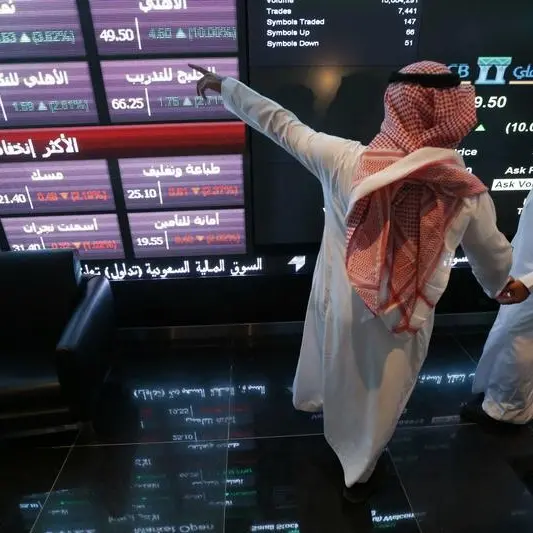PHOTO
SALALAH -- Secretary General of the Organization of Arab Petroleum Exporting Countries (OAPEC) Jamal Al-Loughani said Wednesday that media played a pivotal role in spreading and promoting petroleum culture in society.
This came in a speech delivered by Al-Loughani in the 5th GCC Petroleum Media Forum, which will continue for two days in the Omani city, Salalah, titled "Petroleum Media for the Gulf Countries.
Enabling Communication and Enhancing Understanding.
" Al-Loughani explained that this Forum would be a real opportunity to create a joint, multi-polar collective action that seeks to activate Arab and Gulf petroleum media in confronting media campaigns that create a negative image of fossil fuels.
Regarding future challenges facing the oil and gas industry, Kuwait's Al-Loughani said that calls to abandon fossil fuels and move to renewable and sustainable energy would be one of the future challenges for Arab countries that depend on oil and gas as a primary source of their national income.
Regarding the production of crude oil and natural gas, Al-Loughani said that the proven Arab countries' reserves of crude oil reached about 726.5 billion barrels at the end of 2023, which is 54 percent of the proven global reserves estimated at about 1.335 billion barrels, noting that most of the Arab crude oil reserves are concentrated in the GCC countries, which account for more than 70 percent of it.
He added that Arab countries also have large reserves of natural gas estimated at about 56.7 trillion cubic meters by the end of 2023, which constitutes about 26.7 percent of the global reserve, and most of this reserve is concentrated in the GCC countries with 77.7 percent.
Regarding the production of crude oil and natural gas, Al-Loughani indicated that Arab countries' production of crude oil in 2023 amounted to about 23.8 million barrels per day, which constitutes 27 percent of global production, the largest part of which was accounted for by the GCC countries with a share of about 70.6 percent.
He explained that the contribution of Arab countries to global oil production is relatively small compared to the size of their available reserves.
He pointed out that Arab countries will play an important and major role in meeting the needs of oil-consuming countries, especially the Asian market, with the promising prospects for the refining and petrochemical industries in Arab countries.
He added that Arab countries will be strongly present in the global natural gas scene, as they are expected to contribute more to international trade in liquefied natural gas in the future after the completion of various projects currently being implemented, which contribute to raising the export capacity in many Arab gas-producing countries.
Al-Loughani said that Arab countries enjoy high capabilities of solar and wind energy resources that are still somewhat promising, explaining that renewable energy policies and investments have been developed in these countries in recent years.
He pointed out the importance of this forum in enhancing effective communication and exchanging views, opinions, and experiences in confronting obstacles, in addition to enhancing cooperation between Arab countries.
All KUNA right are reserved © 2022. Provided by SyndiGate Media Inc. (Syndigate.info).





















